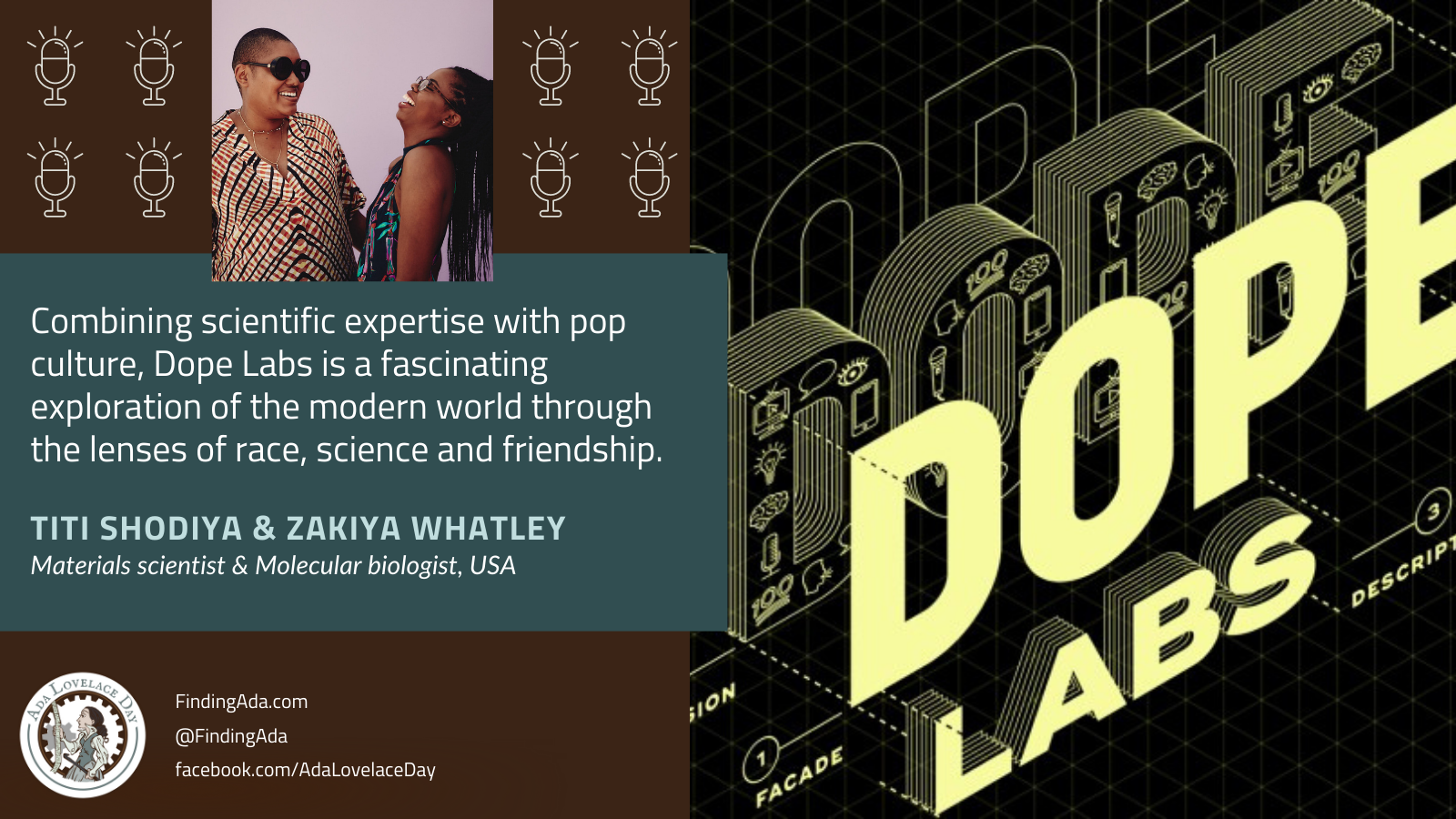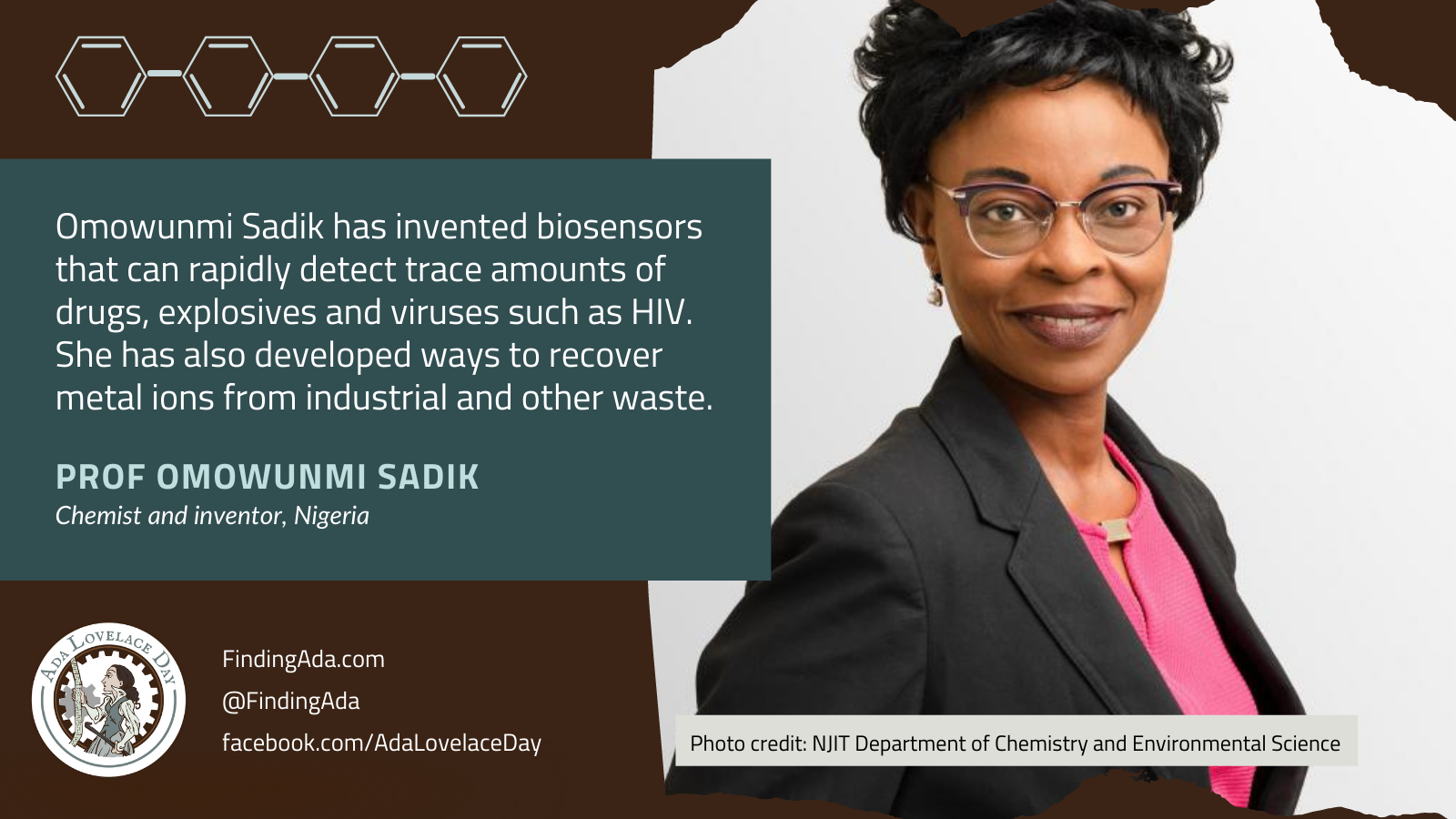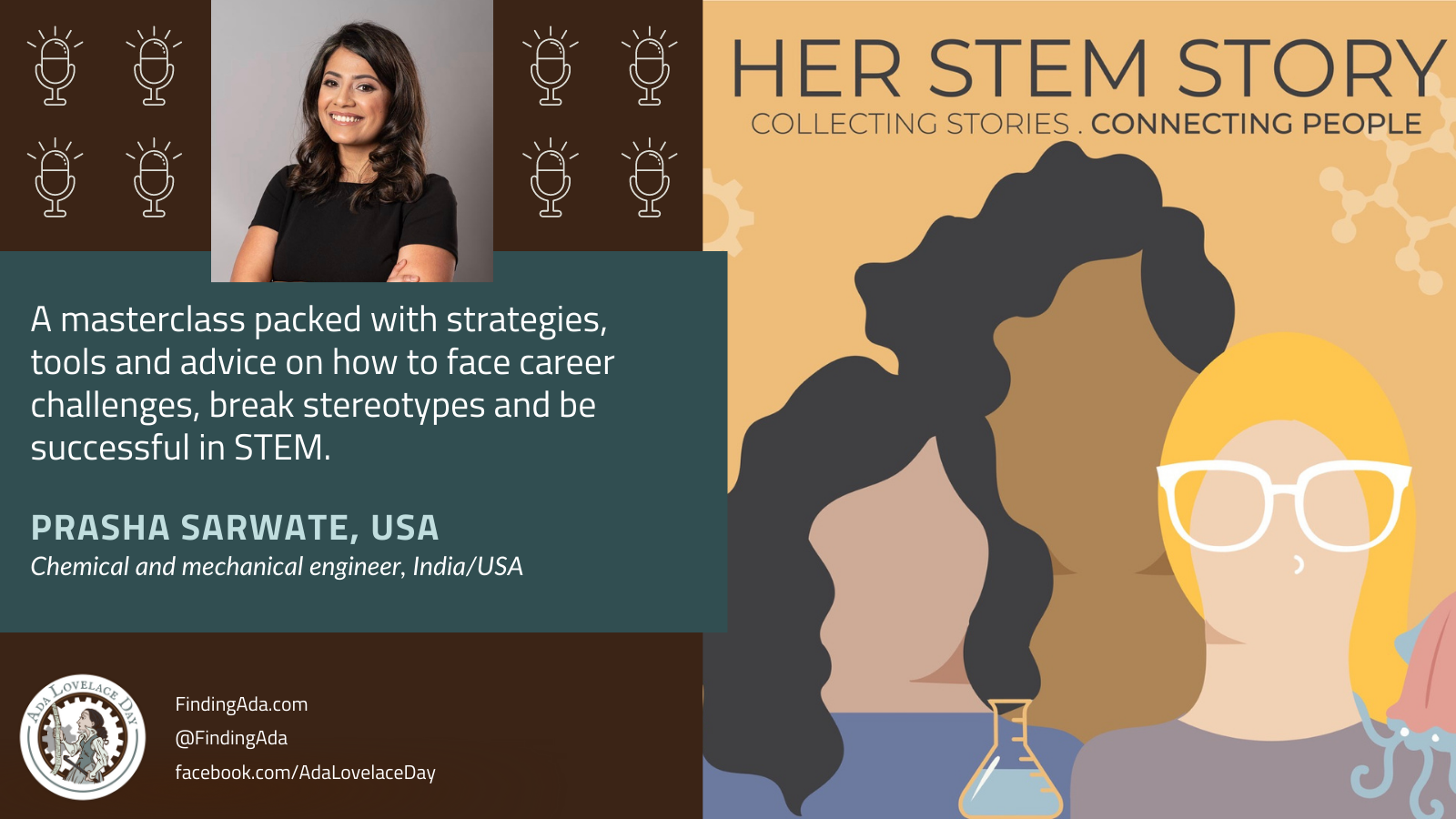Can maths predict the future? – Professor Hannah Fry, 2014
Hannah Fry shows how maths can explain real world events. From crimes to relationships, patterns in numbers such as Benford’s law on the prevalence of numbers starting with 1′, help us predict the future.
Dr Hannah Fry is a Professor in the Mathematics of Cities at the Centre for Advanced Spatial Analysis at UCL, whose TEDx talk on the mathematics of love has been viewed over half a million times. She is the author of several books: The Mathematics of Love (2015), The Indisputable Existence of Santa Claus (2017), Hello World (2019) and the recently released Rutherford & Fry’s Complete Guide to Absolutely Everything (Abridged). She has presented numerous science TV shows for the BBC, and has hosted the BBC Radio Four show “The Curious Cases of Rutherford and Fry” with geneticist Dr Adam Rutherford since 2016.
You can follow her work here:
Website: https://hannahfry.co.uk/
Twitter: https://twitter.com/fryrsquared
Facebook: https://www.facebook.com/FryRSquared/
LinkedIn: https://uk.linkedin.com/in/hannah-fry-9919361a2
Recorded at, and sponsored by, The Royal Institution, you can watch the rest of the Ada Lovelace Day Live 2014 playlist here.


